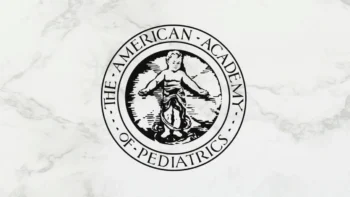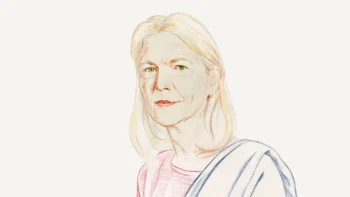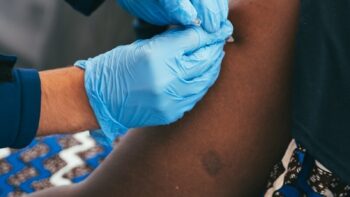We are appalled to find that the content on the CDC webpage “Autism and Vaccines” has been changed and distorted, and is now filled with anti-vaccine rhetoric and outright lies about vaccines and autism, writes the Autism Science Foundation.


We are appalled to find that the content on the CDC webpage “Autism and Vaccines” has been changed and distorted, and is now filled with anti-vaccine rhetoric and outright lies about vaccines and autism, writes the Autism Science Foundation.

There’s no link between vaccines and autism, says The American Academy of Pediatrics. Anyone repeating this harmful myth is misinformed or intentionally trying to mislead parents. We call on the CDC to stop wasting government resources to amplify false claims that sow doubt in routine immunizations.

An extraordinary effort will be needed to sustain confidence in vaccines, given the unprecedented level of misinformation being propagated about them, even from official sources, writes Heidi J. Larson, Director of the Vaccine Confidence Project.

The global health community faces a deepening challenge — not only from infectious diseases but also
from a pandemic of misinformation, argues VCP founder, Heidi J. Larson.

VCP founder Heidi J. Larson named one of the most dynamic business women shaping the future for her role in building bridges of trust in the fight against misinformation and vaccine hesitancy.

CIDRAP releases interim update on its Vaccine Integrity Project, spotlighting global threats to vaccine confidence and outlining next steps to support equitable immunization efforts worldwide.

A lot of people have genuine and legitimate questions and “you’re going to lose them if you immediately jump back and say ‘that’s silly’ or ‘that’s not the fact’”, says VCP founder Heidi J. Larson.

A new 70-country survey by The Global Listening Project, the VCP’s sister initiative, reveals that while people are demanding better healthcare and more information, trust in vaccines and institutions has declined in 9 out of 10 countries. Professor Heidi Larson speaks to Vaccines Today about the legacy of the COVID-19 pandemic on vaccine uptake.

“A lot of people had no clue how toxic the [vaccine misinformation] environment was,” says Heidi Larson, who studies vaccine hesitancy at the London School of Hygiene & Tropical Medicine. “People who were taking vaccines for granted got exposed [to misinformation], and now there’s no turning back.”

Evidence shows that science and scientists remain highly trusted. But genuine scientific voices are not shouting loud enough over the noise to hold sway.

In the oil towns of west Texas, a measles outbreak is spreading. Gaines County, where the flare-up began, had the state’s third-highest share of children exempt from measles and other vaccines for religious or philosophical reasons last year

The way to discuss a vaccine, says Prof. Heidi Larson, founding director of the Vaccine Confidence Project, is to ask your patient how they feel about it and go from there, addressing patient concerns and developing a risk-benefit analysis to discuss.